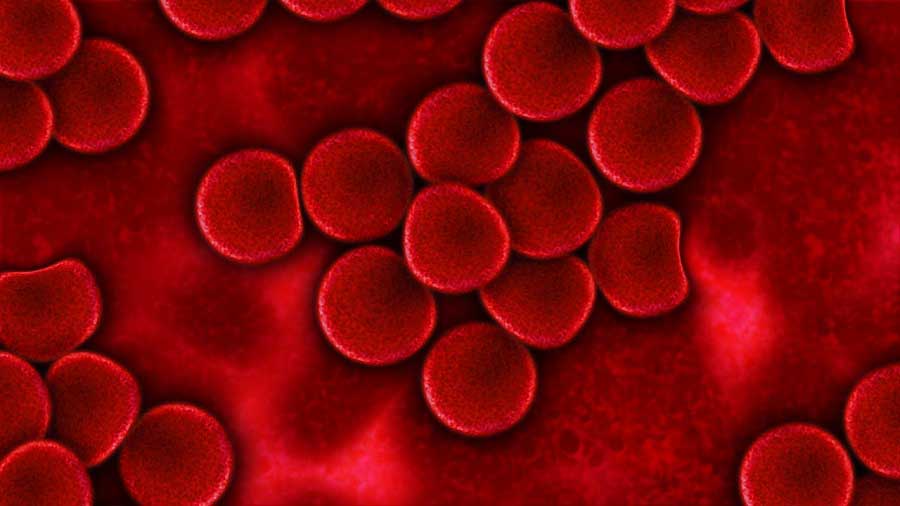Rare blood cancer targeted therapy gets EU approval
Rare blood cancer targeted therapy gets EU approval
18 Mar 2015Novartis has announced that the European Commission has approved Jakavi® (ruxolitinib) for the treatment of adult patients with polycythemia vera (PV) who are resistant to or intolerant of hydroxyurea. Jakavi is the first targeted treatment approved by the European Commission for these patients.
PV is a rare and incurable blood cancer associated with an overproduction of blood cells that can cause serious cardiovascular complications, such as blood clots, stroke and heart attack.
“The medicine will fill an unmet need”
"The European Commission's approval of Jakavi is encouraging news for patients," said Dr. Claire Harrison, study investigator and Consultant Hematologist, Guy's and St. Thomas' NHS Foundation Trust, London. "Jakavi will fill an unmet need as the first treatment shown to significantly improve hematocrit, as well as symptom control and reduce spleen size in patients with polycythemia vera resistant to or intolerant of hydroxyurea."

The approval is based on data from the pivotal Phase 3 clinical trial demonstrating that a significantly greater proportion of patients achieved the composite primary endpoint of hematocrit control without use of phlebotomy and spleen size reduction, key measures of disease control, when treated with Jakavi compared to best available therapy.
What about the adverse events?
Overall, non-hematologic adverse events (AEs) were consistent with those previously seen in other Jakavi studies in PV and myelofibrosis. In particular, the data analysis showed that:
- Within the first 32 weeks of treatment, the most common Grade 3 or 4 hematologic AEs in the Jakavi-treatment arm were anemia (1.8%) and thrombocytopenia (5.5%)2.
- The most common non-hematologic AEs were dizziness (15.5%), constipation (8.2%) and herpes zoster (6.4%)2.
- The three most frequent non-hematological laboratory abnormalities (any Grade) were hypercholesterolemia (30.0%), raised alanine aminotransferase (22.7%) and raised aspartate aminotransferase (20.9%).